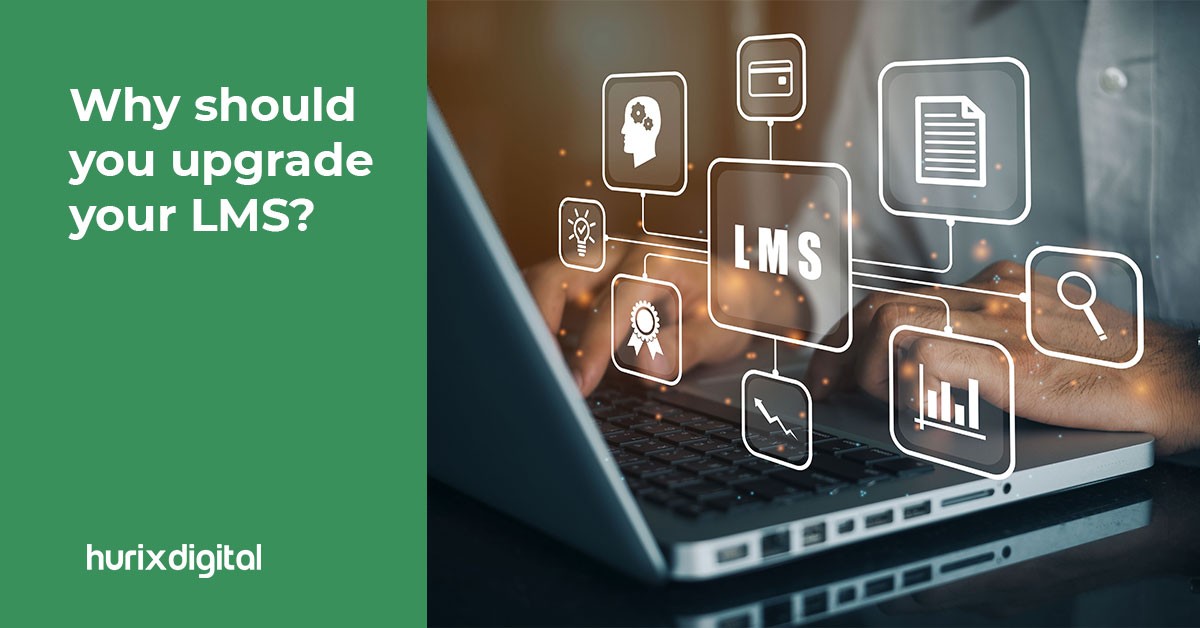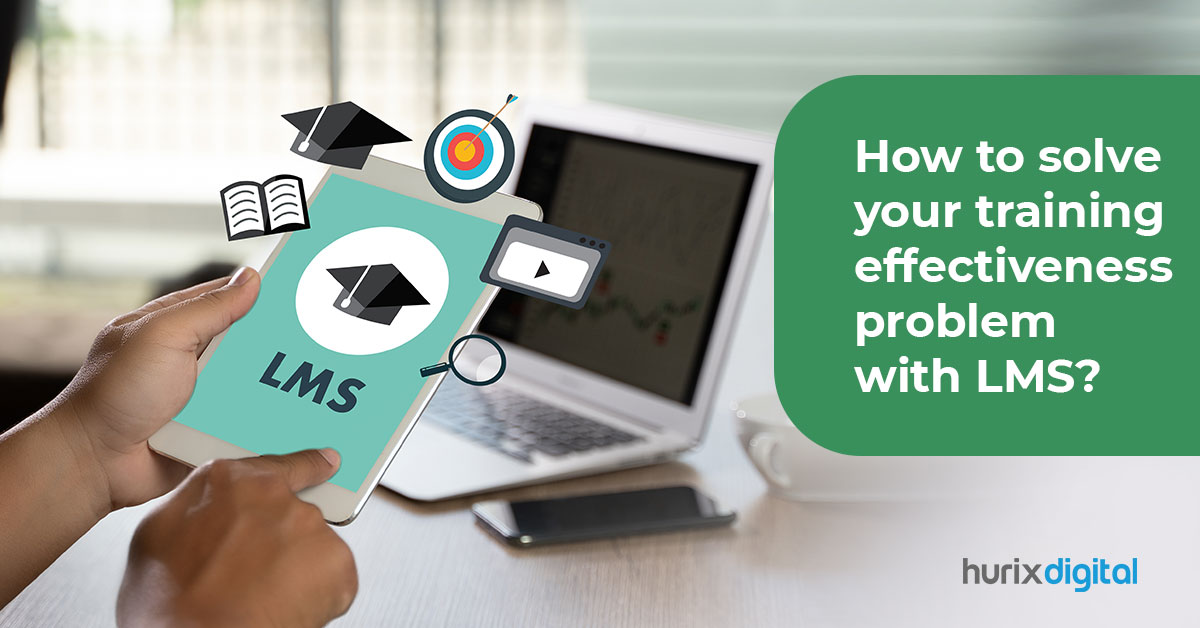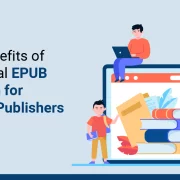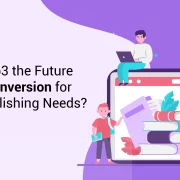
8 Benefits of K-12 LMS in Shaping Education
Summary
This article highlights the benefits of K12 Learning Management Systems (LMS) in shaping education.
With K12 LMS, the global teaching and learning technology ecosystem is evolving at a rapid pace. A learning management system (LMS) plays a key role in this ecosystem by offering access to various tools and services such as a wide range of content resources, grading and assessment tools, analytics, reporting, and more.
Unlike earlier, when LMSs were used only in higher education and corporate training programs, they are now being extensively used in K12 content.
Today, academic institutes require robust and strategic LMSs that can automate the time-consuming, manual processes of traditional tools. Effective learning management systems can not only empower departments but also enable further educational initiatives.
In this blog, we will discuss the evolving role of learning management systems in K12 solutions and beyond.
Why is K12 LMS Adoption on the Rise?
With digitization and the rapid evolution of educational technology, skepticism toward the use of LMSs no longer exists. Leveraging a digital learning management system, educators can deliver rigorous instructions aligned with standards and individual goals for achieving learning equity.
An increasing number of institutions, therefore, have either successfully implemented or are in the process of incorporating the systems in higher education to improve students’ learning outcomes.
Furthermore, LMSs are now widely used by K12 institutions and also present an opportunity for researchers to learn the standardized testing process at a much higher scale.
What’s more interesting here is that the adoption of an LMS solution goes much beyond higher standardized test scores. However, this effect of the system is interconnected with both the cost and nature of the system itself.
For instance, an education system or K12 institution should have a proprietary system configuration for LMS adoption, while an open-source solution is preferable for an organization.
Advantages of Learning Management Systems in K12 Education
Among the key advantages of using an LMS in K12 content are as follows:
1. All Resources in One Place
One of the key advantages of LMS in K12 education is its ability to put together a wide range of resources in one single place and make it possible for learners to access them easily.
Additionally, modern-day LMS in K12 solutions also serve as a portal through which students can easily see their assignments and grades.
Curriculum specialists can use an LMS to share various learning resources for subjects and grade levels across K12 schools at the district level too.
2. Custom Learning Options
Each K12 institution has its unique needs in terms of the setup and learning outcomes they wish to achieve.
Unlike the notion that a K12 LMS imposes a uniform learning experience across different K12 schools, institutions can leverage various integrations to personalize their learning management system and make it their own.
These custom solutions in LMS include adding a customized theme, the ability to integrate third-party applications, and tweaking the user interface to fit their specific needs.
3. Better Engagement Levels
K12 content can quickly get boring and monotonous.
Since most modern K12 learning management systems allow instructors to create course content in multiple formats with visual and audio content, it makes the course content much more engaging for students.
Further, you can also source materials from multiple sources using the LMS to create e-courses in various formats. An LMS also ensures that learners get equal and up-to-date access to the class content and can utilize the material that interests them the most and learn based on their individual preferences.
4. Interactive Interface to Enhance Retention
By leveraging a good quality K12 LMS, you can incorporate gamification to generate some excitement and fun among learners.
Having such an immersive, gamified interface not only enhances student engagement but also makes it easier for them to retain information. Moreover, having a reward, badges, points, or levels system in the courses creates excitement and makes learning fun.
5. Ease of Access
The ease of access is another benefit of K12 learning management systems as they can be accessed anywhere, thus allowing educators to log in to review the work submitted by students, add assignments, or simply execute other related tasks.
Likewise, an LMS also enables students to access their submissions and assignments and find other necessary resources.
6. Convenient Assessment and Grading
A good K12 solution can be instrumental in the easy grading of assignments.
Once students are done submitting their assignments online, teachers can leverage various grading tools on the platform to assess and grade them. For assessments including multiple choice questions, grading can be automated.
7. Excellent L&D Opportunities
Today’s K12 LMSs are specifically designed for skill development, which allows everyone from students to corporate employees to learn through various training modules installed in the LMS system.
Apart from this, another important thing a K12 LMS does is skill, train, and educate learners in their specific roles/responsibilities, how they are expected to achieve their set goals, how to leverage various tools available to them, etc.
8. Easy Parental Access to Class Schedules, Outlines, and Assessments
Having an LMS in K12 education can be instrumental in providing parents and guardians with access to their child’s class schedule, calendar, outline, and assessment dates.
This creates excellent opportunities for meaningful conversation outside of class time, enabling parents to actively engage in their child’s learning.
Other Coming-Age Elements of a K12 LMS
As big data, AI, and augmented reality are advancing rapidly, so is the K12 LMS. Some of the evolving elements of K12 solutions are:
1. AI-assisted eLearning
Instead of requiring students to wait until school hours to ask questions, AI-based eLearning technology allows them to easily clarify various queries while they are learning.
AI acts as a virtual tutor and can answer predefined questions to help students save learning time.
2. Big Data to Analyze Learning
An LMS helps bridge the learning gap between students at different levels of the learning/course content.
Coming-age technologies like big data analytics help users interact with various components in an LMS, such as course windows, forms, tests, and more.
3. Augmented Reality
Using 3-dimensional techniques, augmented reality is completely redefining online learning today.
Unlike traditional learning methodologies where static images and charts are used to explain a 3-dimensional model, augmented reality can work effortlessly on various three-dimensional aspects.
Learners can thus view them from various angles to make the entire learning process very exciting and engaging.
Best Practices for K12 LMS Adoption
Here are some of the best practices that K12 institutions need to keep in mind for seamless LMS adoption:
- Make efforts to identify the main issues a K12 educational LMS must solve and put together a list of all the parameters for success.
- Begin with a pilot project to know your specific needs in terms of implementation and communication.
- Keep LMS adoption optional at the start to mitigate various teacher concerns.
- Designate people from the community to share their own experiences and ongoing resources with educators/teachers.
- Hire a professional LMS vendor to help you with successful LMS implementation.
Final Words
With several new and innovative advancements in learning management systems, K12 education today is ready to embrace it more than ever. The endless potential for customization and a range of benefits provided by an LMS guarantee better understanding and more confident students.
Further, adopting a good learning management system allows K12 students to have a great learning experience and provides various modes of instruction for students of different age groups and competencies. Besides, a K12 LMS tailored specifically for educational institutions enables parents to become equal partners in their child’s learning.
It wouldn’t be wrong to say that getting an effective and powerful K12 LMS for your educational institute can segregate high-quality learning experiences from traditional ones.
This makes it imperative for schools to spend enough time and thought on the features that different LMS platforms offer and pick the one that helps them achieve their specific learning goals.
Hurix Digital’s K12 LMS (Learning Management System)
Hurix is a well-known name among K12 eLearning companies in India. We are equipped to understand and act to the specific needs of the K12 audience by effectively building robust systems as per their unique requirements. Our K12 solutions are thoughtfully designed to handle the ever-evolving educational needs of educational institutions.
Is your educational institution gearing up for K12 LMS adoption? Contact us today.

Senior Vice President
A Business Development professional with >20 years of experience with strong capability to sell new solutions and develop new markets from scratch. New Market Entry Specialist with experience of working in two of the largest emerging markets – China & India. Also covered other key markets in APAC, US, EU & ME. Exceptional experience of conceptualizing, ideating and selling new learning technologies like VR AR, etc. across multiple industry verticals.








